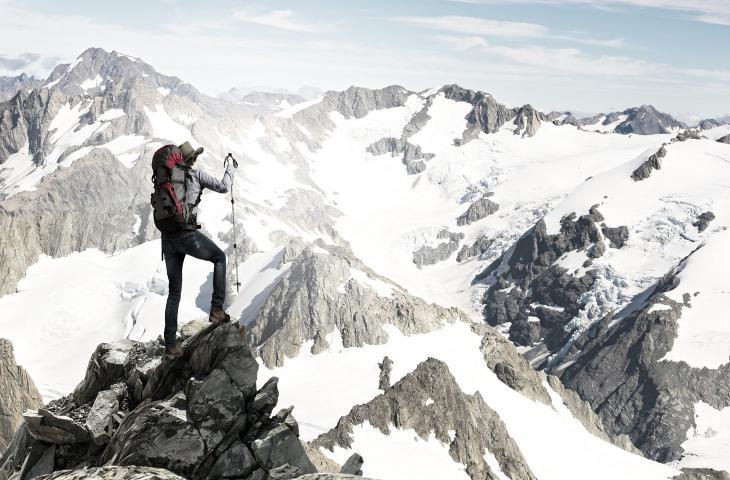MILAN – Our body, through breathing, perspiration and urination, continuously loses liquids. And because we are two-thirds water, it is necessary to compensate these losses in order to not compromise the chemical processes essential to our survival. This is even more important at high altitudes, where due to reduced pressure breathing becomes faster and deeper and thus increases the amount of water vapour lost.
The stages of dehydration
There are three stages:
- Slight (loss of from 3% to 5% of body weight)
- Moderate (from 6% to 9%)
- Severe (10% or more)
Among the most common symptoms are:
- Thirst
- Dry mouth, lips and nose
- Headache
- Fatigue and lethargy
- Deep, fast breathing
- Dizziness and feeling light-headed
- Low temperature, especially in the extremities
- Dry eyes
- Blue lips
- Low blood pressure
- Muscle cramps
- Kidney pain
- Confusion
However, there is another reason for staying hydrated in the mountains. These symptoms are comparable to what the Oxford Journals experts recognized as Acute Mountain Sickness (AMS). Failure to diagnose this disorder can lead to pulmonary and brain oedema.
Knowing what to drink
To prevent dehydration the obvious answer is to drink as much as possible. However, this does not mean drinking alcohol, energy drinks, tea, coffee or other liquids containing caffeine. The drinks and foods to choose from include:
- Water
- Rehydrating Solutions (ORS) that contain carbohydrates or electrolytes
- Soups
- Fruit and fruit juices
- Vegetables
- Herbal teas
By editorial staff











